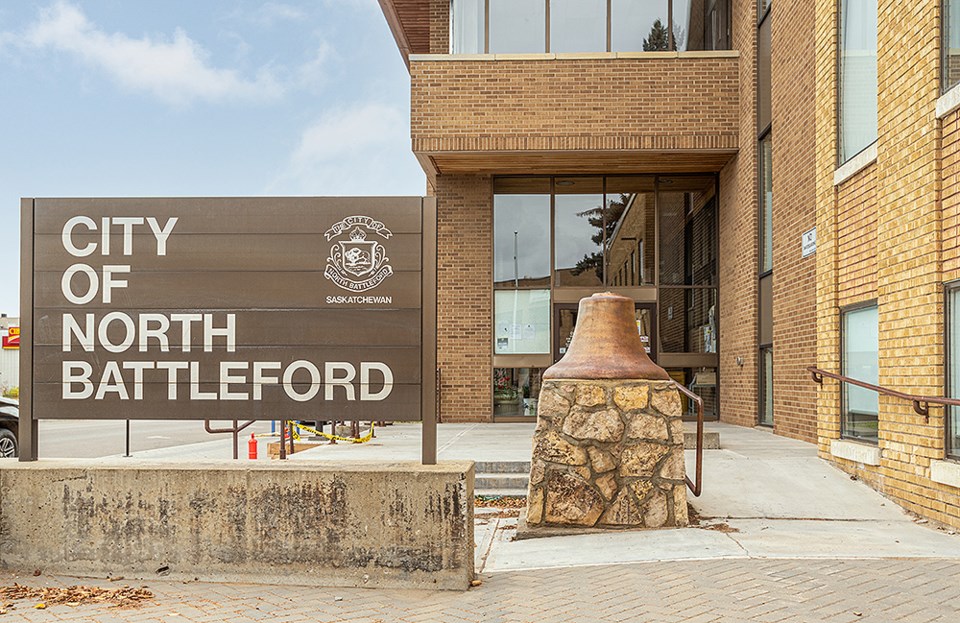NORTH BATTLEFORD - In order to deter theft, North Battleford council is looking to amend its bylaws to require catalytic converter permits in the city.
The issue came up at their regular council meeting Monday night at Don Ross Centre. At the meeting, council unanimously passed a resolution authorizing administration to draft a bylaw to add a catalytic converter definition, a catalytic converter permit, and a fine for failure to provide ownership, to its licensing bylaw.
The idea, according to the city’s memo on the topic, is to require people to have permits to carry catalytic converters for the purpose of lawful trade or transport. It would not be required for automotive repair, auto parts supply or transport businesses, as those are covered automatically with a business license.
The idea is to deter the theft of catalytic converters in North Battleford, something that has been a serious issue seen in the city and elsewhere in the province. Police departments have been noticing a spike in thefts of catalytic converters from vehicles in several communities, with criminals attracted mainly due to the expensive value of the parts being stolen and then reselling them on the black market.
According to the city’s memo, the new bylaw provision will provide a method for the local RCMP to take any converters they find that are being transported without the appropriate license, and demand proof of ownership be shown.
North Battleford’s move is modeled on changes brought in in Leduc, Alberta, which amended its business bylaw to require permits for carrying catalytic converters. The permits issued in Leduc do not have a permit fee, but those unable to provide a permit or proof of ownership can be fined $1000 per catalytic converter.
The indication is that North Battleford is looking to do something similar, with a view to target criminals.
City Manager Randy Patrick told council “the business impact of this is very minimal itself. This is targeting people at the street level. Any business that is allowed to do it will be exempted from this.”
Council members spoke largely in favor of the bylaw, with councillors noting catalytic converter thefts were a serious issue. Councillor Greg Lightfoot pointed to an issue where one of the buses that transit took delivery on had been delayed in arriving because the catalytic converter was cut off.
“It was a $2,500 cost to have it replaced,” said Lightfoot, who called it a cost affecting businesses.
“This, I think, would be one tool for the RCMP to use with regards to confiscating at least the objects, and maybe getting them back to the rightful owners,” said Lightfoot. “It might be a way to curb what’s going on.”
In response, Patrick added they plan to bring even more announcements to council about what they plan to do on the issue of catalytic converters and crime.
Councillor Kent Lindgren did wonder how this bylaw change would stop the theft of catalytic converters from happening, and worried about red tape.
“Are we creating bylaws to be more bureaucratic, or will it actually have that long-term effect?” said Lindgren.
Councillor Ross MacAngus believed it wouldn’t stop the thefts from happening but would at least curb the activity. “If you’ve got catalytic converters sticking out of your backpack, you’re going to get stopped.”
The next step now is for administration to prepare the bylaw for the next meeting of council.






